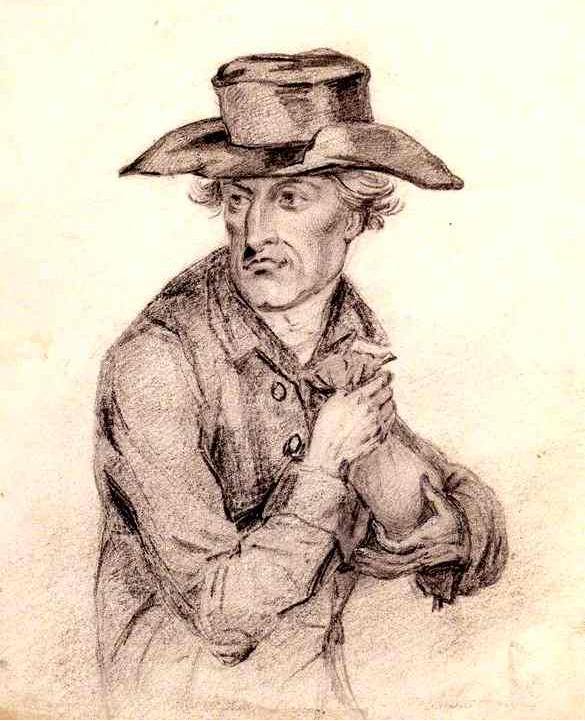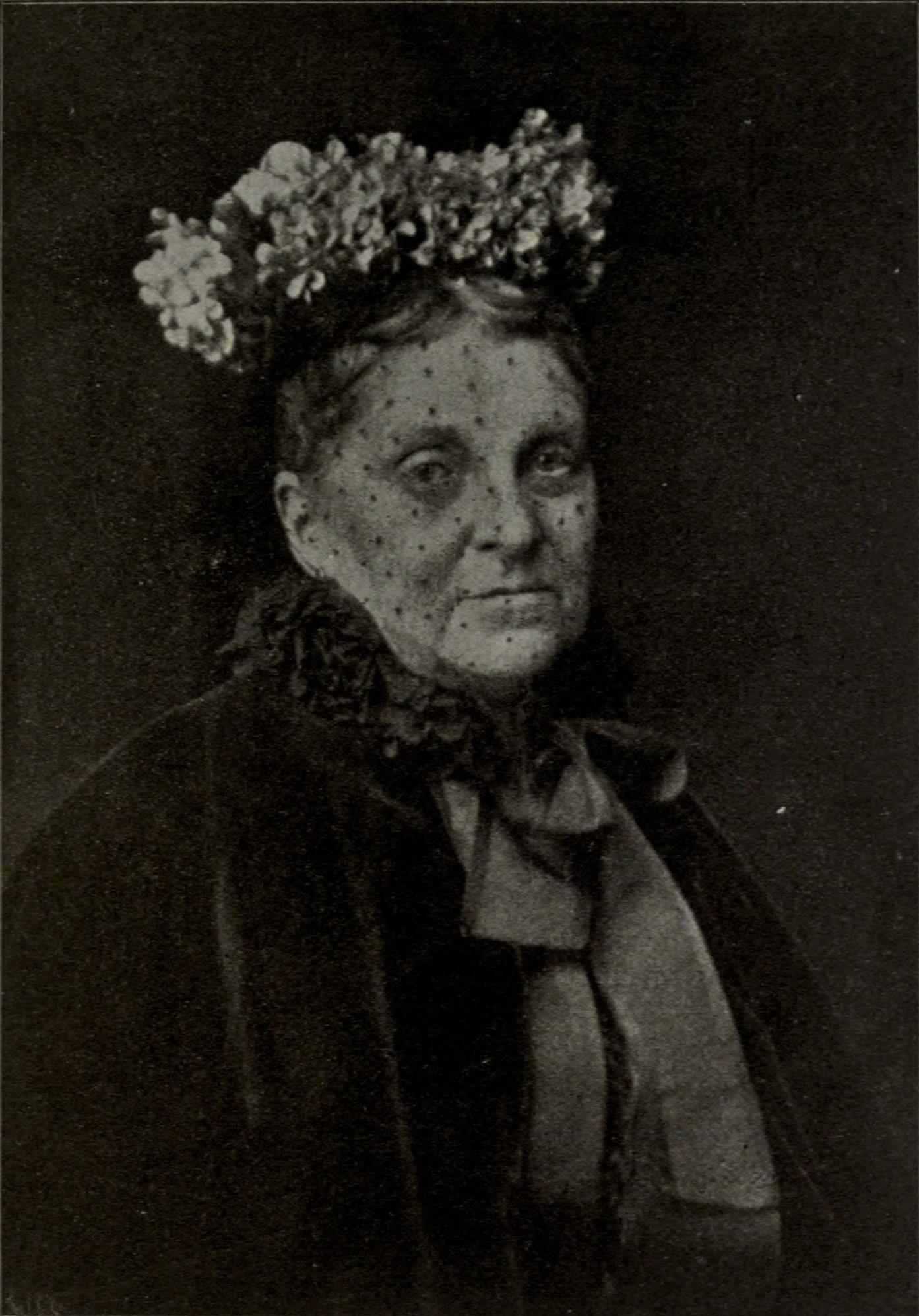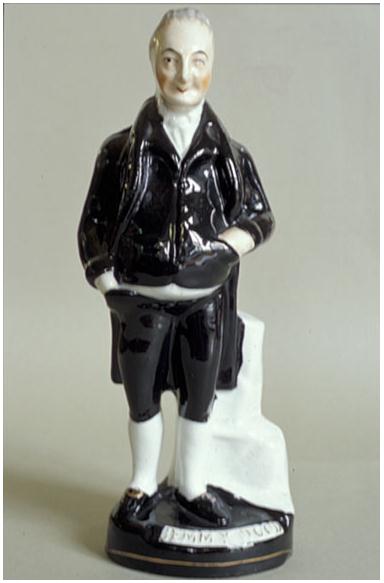|
Misers
A miser is a person who is reluctant to spend money, sometimes to the point of forgoing even basic comforts and some necessities, in order to hoard money or other possessions. Although the word is sometimes used loosely to characterise anyone who is mean with their money, if such behaviour is not accompanied by taking delight in what is saved, it is not properly miserly. Misers as a type have been a perennial object of popular fascination and a fruitful source for writers and artists in many cultures. Accounting for misers One attempt to account for miserly behaviour was Sigmund Freud's theory of anal retentiveness, attributing the development of miserly behaviour to toilet training in childhood, although this explanation is not accepted by modern evidence-based psychology. In the Christian West the attitude to those whose interest centred on gathering money has been coloured by the teachings of the Church. From its point of view, both the miser and the usurer were guilty of ... [...More Info...] [...Related Items...] OR: [Wikipedia] [Google] [Baidu] |
Daniel Dancer
Daniel Dancer (1716–1794) was a notorious English miser whose life was documented soon after his death and continued in print over the following century. A "strange and unaccountable life" The miser Daniel Dancer was born in Pinner, then a rural area in the county of Middlesex, in 1716. His grandfather and father were both noted in their time as misers and are only less famous because their accumulation of wealth was less. Daniel was the eldest of four children and inherited the family estate, eighty acres of rich meadow land and an adjoining farm, when his father died in 1736. Hitherto Dancer had given no manifestation of his miserly instincts, but now, in company with his only sister, who shared his tastes and lived with him as his housekeeper, he commenced a life of the utmost seclusion and most rigid parsimony. His lands were allowed to lie fallow so that the expense of cultivation might be avoided. He took only one meal a day, consisting invariably of a little baked mea ... [...More Info...] [...Related Items...] OR: [Wikipedia] [Google] [Baidu] |
Hetty Green
Henrietta "Hetty" Howland Robinson Green (November 21, 1834 – July 3, 1916) was an American businesswoman and financier known as "the richest woman in America" during the Gilded Age. Those who knew her well referred to her admiringly as the "Queen of Wall Street" due to her willingness to lend freely and at reasonable interest rates to financiers and city governments during financial panics. Her extraordinary discipline during such times enabled her to amass a fortune as a financier at a time when nearly all major financiers were men. As a highly successful investor, with a Wall Street office, she was unusual for being a woman in a man's world. Unwilling to participate in New York City high society, conspicuous consumption, or business partnerships, she may have been eccentric and curt with the press but she was a pioneer of value investing. Her willingness to make low-rate loans (with her well-tended reserves of currency) in place of the failing banks during the Panic of ... [...More Info...] [...Related Items...] OR: [Wikipedia] [Google] [Baidu] |
Jemmy Wood
James "Jemmy" Wood (7 October 1756 – 20 April 1836) was the owner of the Gloucester Old Bank who became nationally known as "The Gloucester Miser". His wealth of around £900,000 was stated at the time to have made him "the richest commoner in His Majesty's dominions". Early life Wood was born on 7 October 1756James Wood's Time Line. corseandstaunton.org.uk, 2005. Retrieved 1 July 2011. in Westgate Street, Gloucester and baptised at St Michael's Church on 19 October 1756. He was the third child and only son of Richard and Elizabeth Wood and he attended eith ... [...More Info...] [...Related Items...] OR: [Wikipedia] [Google] [Baidu] |
Margery Jackson
Margery Jackson (January 1722 – 10 February 1812) was a British Landlord, landlady in Carlisle, Cumberland. She was the daughter of a wealthy cloth merchant who was the mayor of Carlisle. In her latter years, following a fifteen-year Lawsuit, legal dispute in the Court of Chancery over the execution of her father's and brother's wills, she returned from London to Carlisle in possession of the family fortune. She was then 69 years old and a spinster. Thereafter, while living like a Pauperism, pauper in the family townhouse (Great Britain), townhouse on Carlisle's market square, Jackson accrued a box of gold in rent from her properties. She became a local character, well-known for her miserly behaviour, her drinking, swearing and forthright speech, and her hidden riches, leading her to be nicknamed the Carlisle Miser. She was kind to her horses and dogs. In spite of her reclusive lifestyle, she had a friend in her financial advisor, Joseph Bowman of Botcherby, who took her into ... [...More Info...] [...Related Items...] OR: [Wikipedia] [Google] [Baidu] |
John Elwes (politician)
John Elwes MP (born John Meggot or Meggott; 7 April 1714 – 26 November 1789) was a member of parliament (MP) in Great Britain for Berkshire (1772–1784) and an eccentric miser, suggested to be an inspiration for the character of Ebenezer Scrooge in Charles Dickens' 1843 novella ''A Christmas Carol''. Dickens made reference to Elwes in ''Bleak House'' (1853) – along with another notable 18th century miser, Daniel Dancer – and in his 1865 novel, ''Our Mutual Friend''. Elwes was also believed to inspire William Harrison Ainsworth to create the character of John Scarfe in his 1842 novel ''The Miser's Daughter''. Family background and early life Elwes (birth name "Meggot") was born on 7 April 1714 to Robert Meggot, a Southwark brewer (grandson of Sir George Meggot, MP for that same borough), and Amy, daughter of Gervase Elwes, MP for Sudbury, Suffolk, and granddaughter of Sir Gervase Elwes, 1st Baronet, MP for Suffolk (see Elwes baronets). His maternal grandmother, Lady Is ... [...More Info...] [...Related Items...] OR: [Wikipedia] [Google] [Baidu] |
Intestate
Intestacy is the condition of the estate of a person who dies without a legally valid will, resulting in the distribution of their estate under statutory intestacy laws rather than by their expressed wishes. Alternatively this may also apply where a will or declaration has been made, but only applies to part of the estate; the remaining estate forms the "intestate estate". Intestacy law, also referred to as the law of descent and distribution, which vary by jurisdiction, refers to the body of law (statutory and case law), establish a hierarchy for inheritance, typically prioritizing close relatives such as spouses, children, and then extended family members and determines who is entitled to the property from the estate under the rules of inheritance. History and the common law Intestacy has a limited application in those jurisdictions that follow civil law or Roman law because the concept of a will is itself less important; the doctrine of forced heirship automatically gives ... [...More Info...] [...Related Items...] OR: [Wikipedia] [Google] [Baidu] |
Edinburgh
Edinburgh is the capital city of Scotland and one of its 32 Council areas of Scotland, council areas. The city is located in southeast Scotland and is bounded to the north by the Firth of Forth and to the south by the Pentland Hills. Edinburgh had a population of in , making it the List of towns and cities in Scotland by population, second-most populous city in Scotland and the List of cities in the United Kingdom, seventh-most populous in the United Kingdom. The Functional urban area, wider metropolitan area had a population of 912,490 in the same year. Recognised as the capital of Scotland since at least the 15th century, Edinburgh is the seat of the Scottish Government, the Scottish Parliament, the Courts of Scotland, highest courts in Scotland, and the Palace of Holyroodhouse, the official residence of the Monarchy of the United Kingdom, British monarch in Scotland. It is also the annual venue of the General Assembly of the Church of Scotland. The city has long been a cent ... [...More Info...] [...Related Items...] OR: [Wikipedia] [Google] [Baidu] |
Compulsive Hoarding
Hoarding disorder (HD) or Plyushkin's disorder is a mental disorder characterised by persistent difficulty in parting with possessions and engaging in excessive acquisition of items that are not needed or for which no space is available. This results in severely cluttered living spaces, distress, and impairment in personal, family, social, educational, occupational, or other important areas of functioning. Excessive acquisition is characterized by repetitive urges or behaviours related to amassing or buying property. Difficulty discarding possessions is characterized by a perceived need to save items and distress associated with discarding them. Accumulation of possessions results in living spaces becoming cluttered to the point that their use or safety is compromised. It is recognised by the eleventh revision of the International Classification of Diseases (ICD-11) and the Diagnostic and Statistical Manual of Mental Disorders, 5th edition (DSM-5). Prevalence rates are estimate ... [...More Info...] [...Related Items...] OR: [Wikipedia] [Google] [Baidu] |
Stirling
Stirling (; ; ) is a City status in the United Kingdom, city in Central Belt, central Scotland, northeast of Glasgow and north-west of Edinburgh. The market town#Scotland, market town, surrounded by rich farmland, grew up connecting the royal Stirling Castle, citadel, the medieval old town with its merchants and tradesmen, the Stirling Old Bridge, Old Bridge and the port. Located on the River Forth, Stirling is the administrative centre for the Stirling (council area), Stirling council area, and is traditionally the county town and historic county of Stirlingshire. Stirling's key position as the lowest bridging point of the River Forth before it broadens towards the Firth of Forth made it a focal point for travel north or south. It has been said that "Stirling, like a huge brooch clasps Scottish Highlands, Highlands and Scottish Lowlands, Lowlands together". The city's status as "Gateway to the Highlands" also historically lent it great strategic importance—the credo "he who ... [...More Info...] [...Related Items...] OR: [Wikipedia] [Google] [Baidu] |
Broadside (printing)
A broadside is a large sheet of paper printed on one side only. Historically in Europe, broadsides were used as posters, announcing events or proclamations, giving political views, commentary in the form of broadside ballad, ballads, or simply advertisements. In Japan, Chromoxylography, chromoxylographic broadsheets featuring artistic prints were common. Description and history The historical type of broadsides, designed to be plastered onto walls as a form of street literature, were ephemera, i.e., temporary documents created for a specific purpose and intended to be thrown away. They were one of the most common forms of printed material between the sixteenth and nineteenth centuries. They were often advertisements, but could also be used for news information or proclamations. Broadsides were a very popular medium for printing topical ballads starting in the 16th century. Broadside (music), Broadside ballads were usually printed on the cheapest type of paper available. Initiall ... [...More Info...] [...Related Items...] OR: [Wikipedia] [Google] [Baidu] |
Douglas William Jerrold
Douglas William Jerrold (3 January 18038 June 1857) was an English dramatist and writer. Early life Jerrold's father, Samuel Jerrold, was an actor and lessee of the little theatre of Wilsby near Cranbrook, Kent. In 1807 the family moved to Sheerness, where Jerrold spent his childhood. He occasionally took a child part on the stage, but his father's profession held little attraction for him. In December 1813 he joined the guard ship ''Namur'', where he had Jane Austen's brother Charles Austen as captain, and served as a midshipman until the Treaty of Paris in 1815. He saw nothing of Napoleonic Wars save a number of wounded soldiers from Waterloo, but he retained an affection for the sea. The peace of 1815 ruined Jerrold's father; on 1 January 1816 he took his family to London, where Douglas began work as a printer's apprentice, and in 1819 he became a compositor in the printing office of the ''Sunday Monitor''. Several short papers and copies of verses by him had already ap ... [...More Info...] [...Related Items...] OR: [Wikipedia] [Google] [Baidu] |








